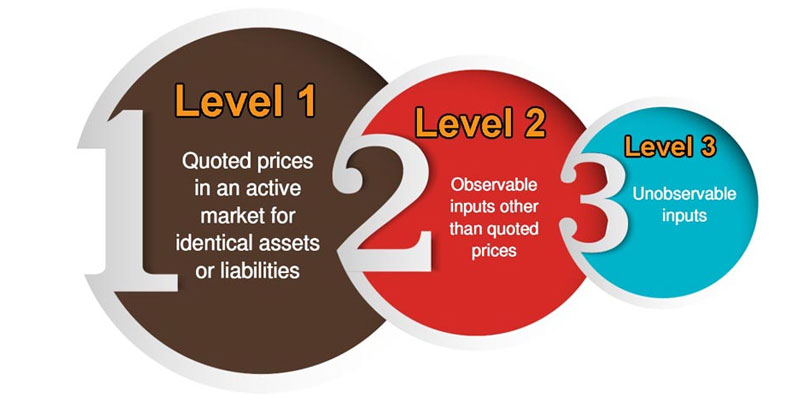Buying a home is often the largest purchase an individual or family will make in their lifetime. Given the size of this investment, it's common for homeowners to be eager to pay off their mortgage as quickly as possible.
One popular strategy is to overpay the mortgage by paying more than the required monthly amount. However, is overpaying your mortgage worth it?
In this blog post, we'll take a closer look at overpaying your mortgage and explore the pros and cons of this strategy which will help you determine if it's the right financial move for you.
What is Overpaying Your Mortgage?
Overpaying your mortgage means making additional payments above your regular monthly payment. By doing so, you can reduce the interest you pay over the life of your loan, pay off your mortgage faster, and potentially save thousands of dollars in interest charges.
For example, let's say you have a 30-year fixed-rate mortgage for $300,000 with an interest rate of 4%. If you make the minimum payment each month, you will pay a total of $215,609 in interest over the life of the loan. However, if you made an extra payment of $100 each month, you would pay off your mortgage in just over 24 years and save over $34,000 in interest charges.

Pros of Overpaying Your Mortgage
Here are some of the benefits you can get by overpaying your mortgage:
Save Money on Interest
One of the primary benefits of overpaying your mortgage is that it can save you a significant amount of money on interest over the life of the loan. By reducing the principal balance, you'll pay less interest over time, which saves you money.
Build Equity Faster
Overpaying your mortgage can help you build equity in your home faster. Equity is the difference between the value of your home and the amount you owe on your mortgage.
By reducing the principal balance, you'll increase your equity more quickly and have more options in the future, such as taking out a home equity loan or line of credit.
Pay off Your Mortgage Sooner
By making extra payments, you can pay off your mortgage more quickly. It can free up your cash flow and give you the peace of mind of being debt-free.
Improve Your Credit Score
Overpaying your mortgage can help improve your credit score by reducing your debt-to-income ratio. It is especially true if you have other debts, such as credit card balances, that you're also paying down.
Cons of Overpaying Your Mortgage
With so many benefits, some drawbacks are associated with overpaying your mortgage. Here are some of them:
Opportunity Cost
You're tying up your mortgage in an illiquid asset when you overpay your mortgage. While paying off your mortgage can provide peace of mind and financial security, it may not be the best use of your money.
For example, if you have high-interest credit card debt or other high-interest loans, it may be more beneficial to pay those down first.
Loss of Tax Benefits
Mortgage interest is tax-deductible, so you'll reduce your tax deductions by overpaying your mortgage. It may be a minor concern for some, but it's worth considering.
Penalties
Some mortgages come with penalties for paying off the loan early because not all mortgages allow you to overpay or early. Be sure to check with your lender to see if any penalties or fees are associated with overpaying your mortgage.
Liquidity Concerns
Overpaying your mortgage can leave you with less liquidity, which could be a concern in an emergency. Be sure to have a well-funded emergency fund before considering overpaying your mortgage.

Is Overpaying Your Mortgage Worth It?
The decision to overpay your mortgage ultimately comes down to your individual financial situation and goals. If you have a low-interest rate on your mortgage and other high-interest debts, overpaying your mortgage may not make sense.
However, if you're comfortable with your emergency fund and have extra cash flow, overpaying your mortgage can help you save money on interest, build equity faster, and pay off your mortgage more quickly.
If you're considering overpaying your mortgage, speaking with your lender is essential because not all lenders allow it. Ensure that you follow all the agreement requirements of your lender.
Tips for Overpaying Your Mortgage
If you decide to overpay your mortgage, here are a few tips to help you get started:
Check your mortgage agreement: Be sure to check your mortgage agreement to see if any prepayment penalties or other fees are associated with overpaying your mortgage.
Consider your financial goals: Consider your long-term financial objectives and whether overpaying your mortgage aligns with those goals.
Ensure you have an emergency fund: Before overpaying your mortgage, ensure you have an emergency fund to cover unexpected expenses.
Start small: If you're new to overpaying your mortgage, start small and gradually increase your
Final Takeaway
Paying off your mortgage early can be a smart financial move for you. Overpaying your mortgage can help you save money on interest, pay off your mortgage faster, and build equity in your home. However, there are drawbacks, such as the opportunity cost of tying up your money in your home and the potential loss of tax benefits.
If you decide to overpay your mortgage, check your mortgage agreement for any prepayment penalties or fees. Consider your long-term financial goals and ensure you have an emergency fund before overpaying your mortgage.
By carefully weighing the pros and cons and making an informed decision, you can take steps toward achieving your financial goals and building wealth over time.



